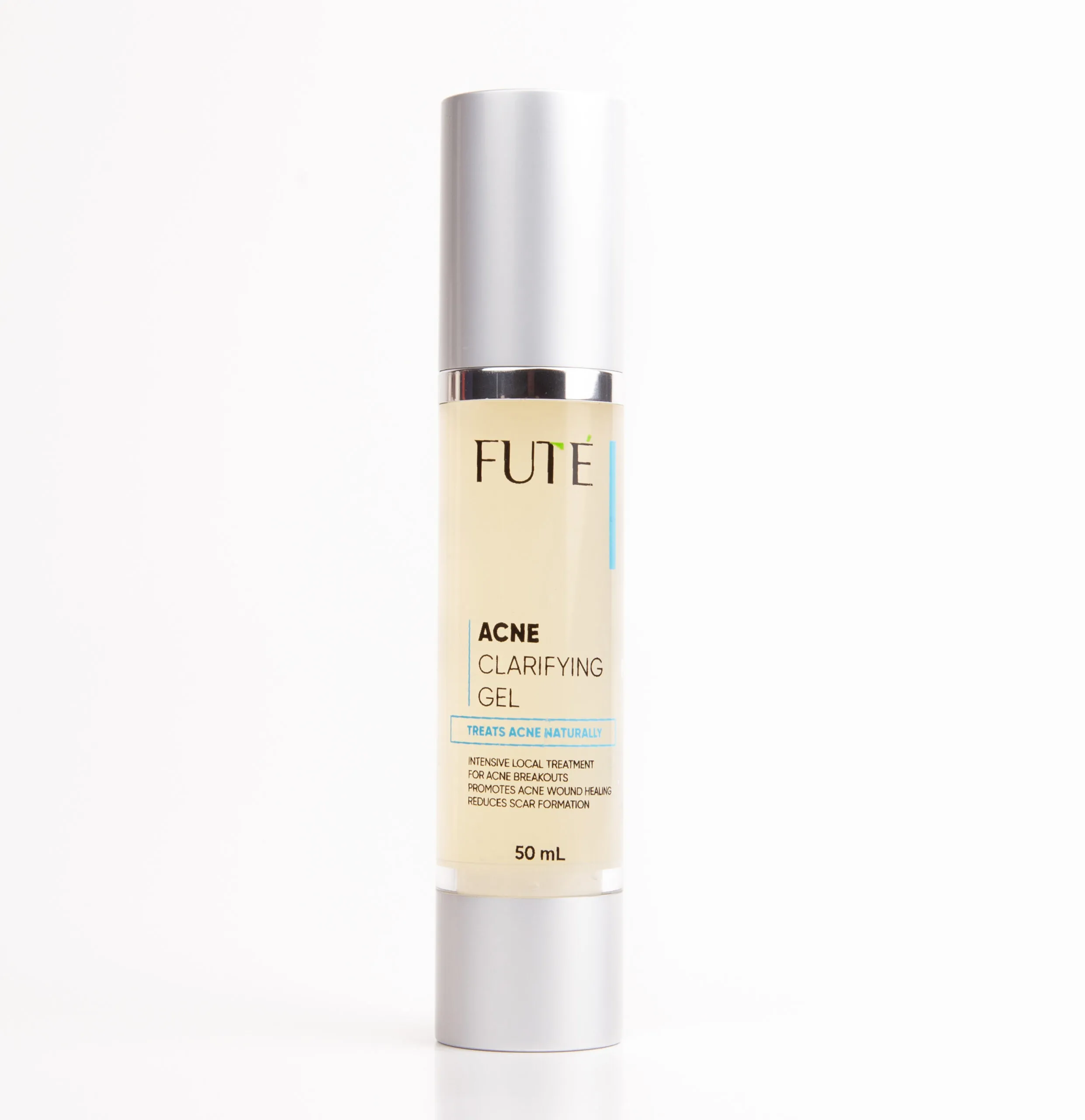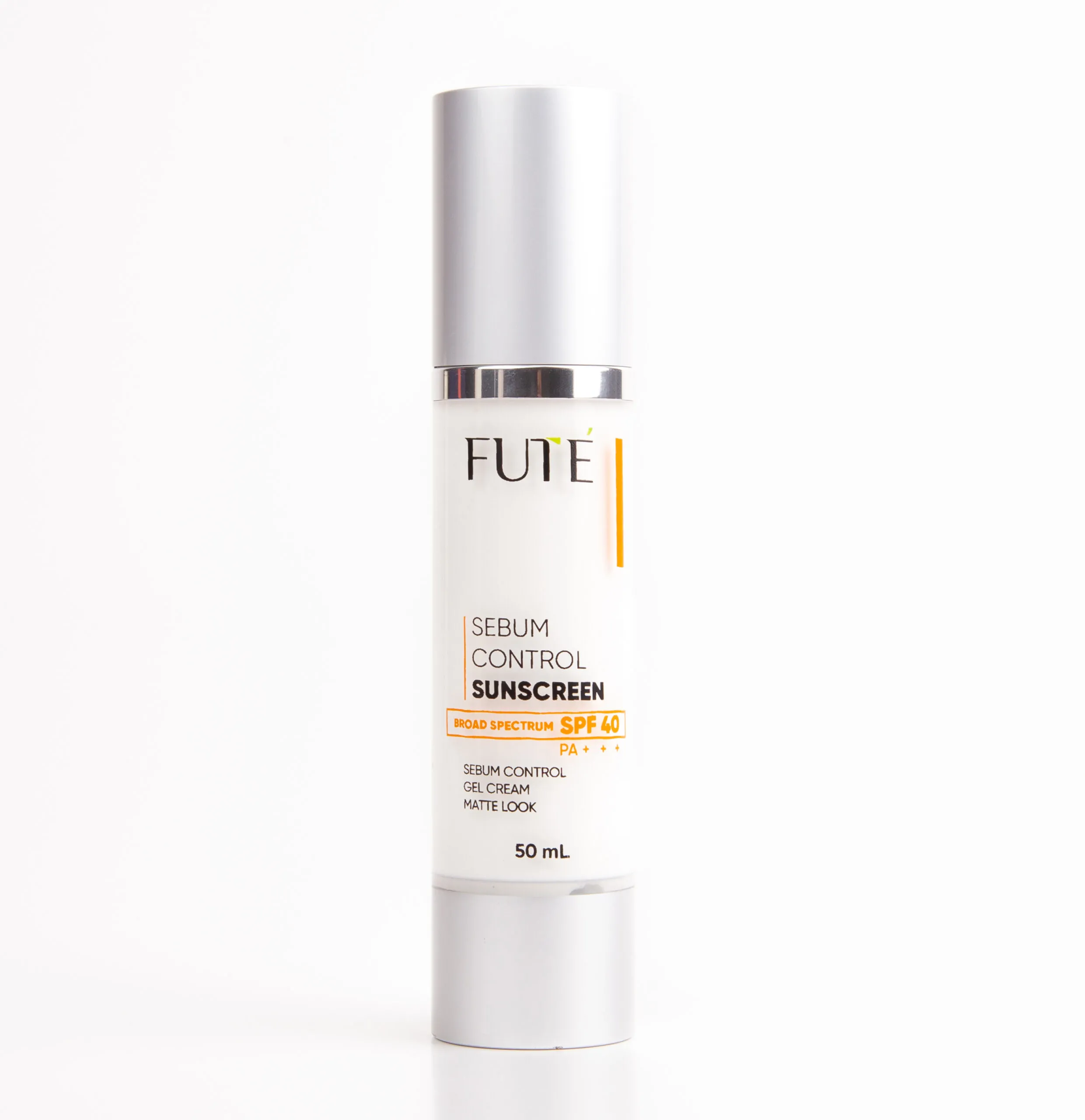
Pakistan, a country with a diverse climate and population, faces a wide range of skin-related challenges. From pollution and harsh weather to improper skincare practices, many factors contribute to skin problems among people in urban and rural areas. Understanding these issues and the right ways to address them can help individuals take better care of their skin. This article will explore common skin issues in Pakistan, the importance of a skin assessment test, and the role of skin brightening products in skincare routines.
Common Skin Issues in Pakistan
1. Acne and Pimples
Acne is one of the most common skin problems in Pakistan, especially among teenagers and young adults. The condition is often triggered by hormonal changes, stress, pollution, and poor dietary habits. The warm and humid climate in many parts of the country can exacerbate acne by increasing oil production in the skin.
2. Hyperpigmentation
Hyperpigmentation, or dark patches on the skin, is another prevalent issue. This can result from excessive sun exposure, hormonal imbalances, or post-inflammatory responses from acne. Melanin overproduction leads to uneven skin tone, which is a major concern for many in Pakistan, particularly in areas with strong sunlight.
3. Dry and Dehydrated Skin
Dry skin is a significant issue in the drier regions of Pakistan, such as Balochistan and parts of Punjab. Low humidity levels, combined with harsh winds, often strip the skin of its natural moisture, leading to flaky, cracked, and irritated skin.
4. Eczema and Dermatitis
Eczema and dermatitis are inflammatory skin conditions that affect many Pakistanis, particularly children. These conditions may be triggered by environmental allergens, pollution, or even stress. The lack of proper medical treatment in some rural areas exacerbates these skin disorders.
5. Fungal Infections
Fungal infections such as ringworm, athlete's foot, and candidiasis are common in Pakistan due to the warm and humid climate in several regions. Poor hygiene, excessive sweating, and overcrowded living conditions can increase the risk of these infections.
The Importance of a Skin Assessment Test
A skin assessment test is a crucial step in understanding your skin's condition and needs. Many people in Pakistan are unaware of their skin type, which leads to improper skincare routines and the use of unsuitable products. A skin assessment test can help you determine your skin's:
- Type (e.g., oily, dry, combination, or sensitive)
- Hydration levels
- Elasticity
- Pigmentation and tone
- Sun damage
Why You Should Take a Skin Assessment Test
- Personalized Skincare: Understanding your skin type allows you to choose products that suit your skin’s specific needs. For example, people with oily skin need oil-free, non-comedogenic products, while those with dry skin require intense moisturization.
- Preventive Care: A thorough skin assessment can reveal potential problems such as early signs of aging, pigmentation issues, or sensitivity to the sun. This allows individuals to take preventive measures before these issues become severe.
- Optimizing Skin Treatment: If you suffer from skin conditions like acne or hyperpigmentation, a proper assessment can help dermatologists suggest more targeted treatments.
Skin Brightening Products in Pakistan
Skin brightening is a popular concern for many people in Pakistan, driven by the desire to achieve an even skin tone and reduce hyperpigmentation. While it is essential to approach skin brightening with caution, as some products contain harmful chemicals, there are many safe and effective options available.
1. Ingredients to Look For
When choosing skin brightening products, it’s important to focus on those with ingredients known for their effectiveness and safety:
- Vitamin C: This powerful antioxidant helps reduce pigmentation and improves skin radiance. It is commonly found in serums and creams.
- Niacinamide: Known for its anti-inflammatory properties, niacinamide helps lighten dark spots and even out skin tone.
- Alpha Arbutin: A natural ingredient that inhibits melanin production, helping to lighten dark spots and pigmentation.
- Kojic Acid: Kojic acid is effective in brightening the skin by reducing melanin production. However, it should be used in moderation as overuse can lead to skin sensitivity.
- Licorice Extract: This natural ingredient helps soothe the skin and reduce pigmentation, making it a popular choice in brightening products.
2. Safe and Effective Use of Skin Brightening Products
Many skin brightening products available in Pakistan contain harmful ingredients like hydroquinone and steroids, which can cause long-term damage to the skin. It’s crucial to avoid such products and instead opt for those with natural and dermatologically tested ingredients.
To ensure the effectiveness and safety of brightening products, follow these tips:
- Patch Test: Before applying any new product, do a patch test on a small area of your skin to check for any allergic reactions or irritation.
- Sun Protection: Always use a broad-spectrum sunscreen with SPF 30 or higher when using brightening products, as they can make the skin more sensitive to sunlight.
- Consistency: Skin brightening requires consistent use of products over several weeks or months. Avoid switching between different products too frequently, as this may lead to irritation or inconsistent results.
Cultural Perceptions of Skin Brightening in Pakistan
In Pakistan, fair skin is often associated with beauty, and this has fueled the demand for skin brightening products. However, it's essential to shift the narrative from "whitening" to "brightening," focusing on achieving healthy, radiant skin rather than changing one's natural complexion.
Dermatologists in Pakistan emphasize the importance of maintaining healthy skin, regardless of skin tone, and warn against using dangerous chemicals to achieve fairer skin. Opting for natural ingredients and promoting overall skin health should be the primary goal.
Conclusion
Skin issues in Pakistan are influenced by several factors, including climate, pollution, and poor skincare practices. Understanding the importance of a skin assessment test can help individuals identify their skin type and address specific issues effectively. Additionally, the use of skin brightening products with safe, natural ingredients can enhance skin health and improve pigmentation concerns.
It is vital to move away from harmful and unregulated products in favor of dermatologically approved treatments that promote skin health and radiance. By doing so, people in Pakistan can achieve healthier, more luminous skin without compromising their well-being.
